John McBride wins the Plymouth Carer of the Year Award.
Above: John McBride, second from the left, receives the Radio Plymouth Carer of the Year Award from Beyond Limits Director, Doreen Kelly, June 2017.
 Sponsored by Radio Plymouth and Beyond Limits, the Carer of the Year Award is an annual opportunity to recognise people who go the extra mile caring for someone. Nominations are made by family members, neighbours and professionals and voted for by the public.
Sponsored by Radio Plymouth and Beyond Limits, the Carer of the Year Award is an annual opportunity to recognise people who go the extra mile caring for someone. Nominations are made by family members, neighbours and professionals and voted for by the public.
Below is the nomination from John’s son.
I admire my dad more than anyone. He has been a carer for his son for thirty years, helping him to get along at school and has cooked, cleaned, went shopping for him etc. He has also been a carer for his wife for the last twenty years.
Giving up his dream job my dad has never had a day off in twenty years. As a father to four children he had to take them to school and help with homework, go shopping etc, as well as provide 24/7 care for his wife. She cannot be alone at any time and so this means he doesn’t get any alone time till night time, even then he has to be on alert, he has to plug in her machine to help her breathe. He then sleeps downstairs in his own bed as she is like a child now.
He has to walk her to the bus, catch the bus with her and take her to her group she attends with other people who have mental health issues and disabilities. He then sits with her so she doesn’t get upset, or upset anyone or harm herself or anyone else. He is always in limbo and never relaxed because he always has to be on alert of her unpredictable behaviour. He keeps her safe and protects her from the outside world. He hasn’t had a holiday, he doesn’t smoke or drink and only goes to her groups and shopping and to visit family with her in tow.
She has respite twice a year and then he is away from her for about 5 days, but can’t relax as he has his son near his home who also rings daily for emotional care. He is also then uneasy until she returns home because he then knows she is safe, as it has been known for her to be upset etc when he is not around. He has to protect her as she has the innocence of a child nowadays and can become easily upset by people.
He would love to go back to being a shipwright or working with robotics but he is so loving, through sickness and health he vowed. He cooks for her, cleans and does everything. His caring role doesn’t have a start and finish so I cannot say at such a such time he does this and that, other than the medication he gives her at set times daily. Morning, lunch and dinner time. He has to place them in her mouth and ensure she swallows and doesn’t spit them in her drink. He has had to attend to her toiletry needs when she has accidents, and therefore has to carry a bag of spare clothes etc around with him.
Through all his struggles he always put his wife and children first. He doesn’t have much money these days but would still give his last £5 to someone else if he think they needed it, be it financially, emotionally or mentally. He is the most selfless, kindest and most of all humble man I know. He probably wouldn’t believe he was even up for this nomination. He is my idol!













 Back
Back Top
Top




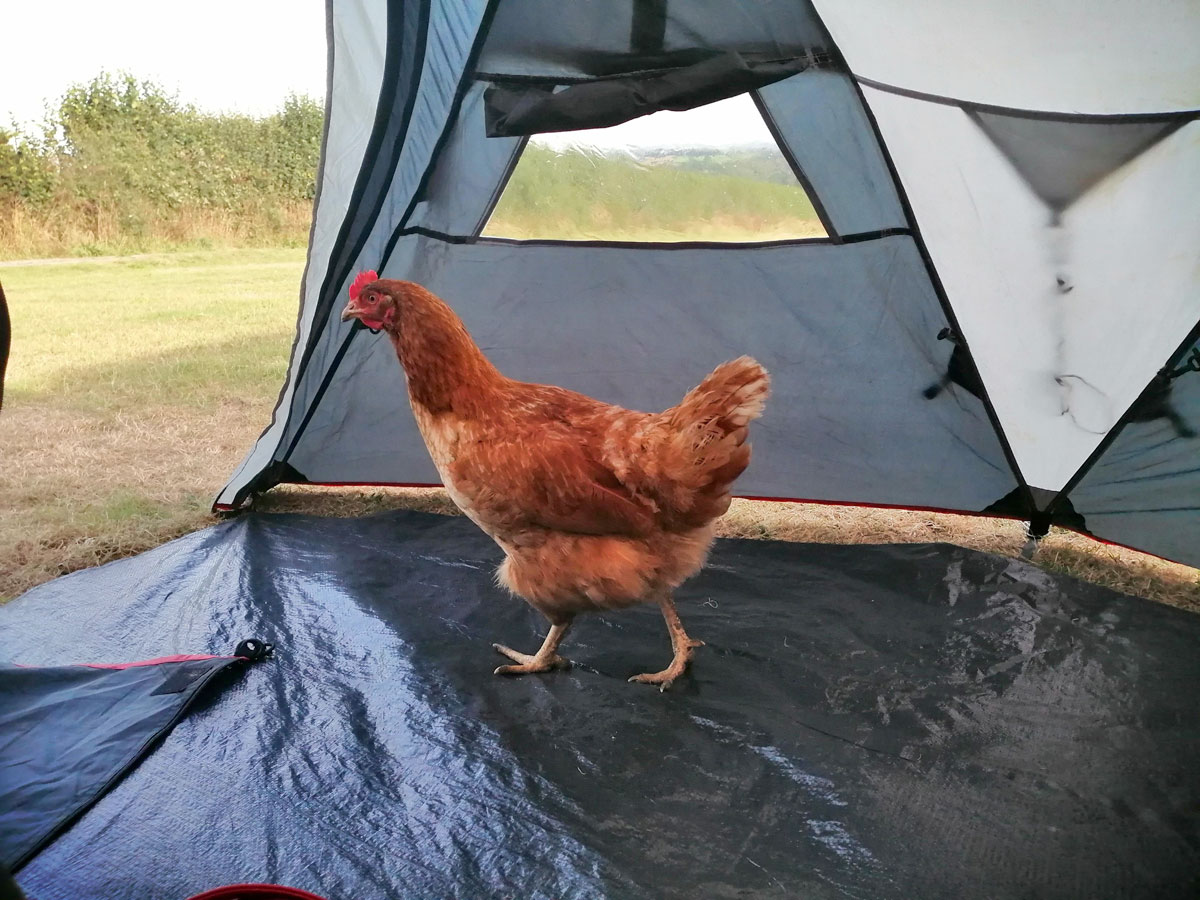






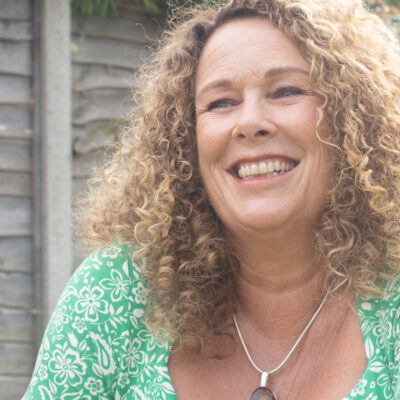

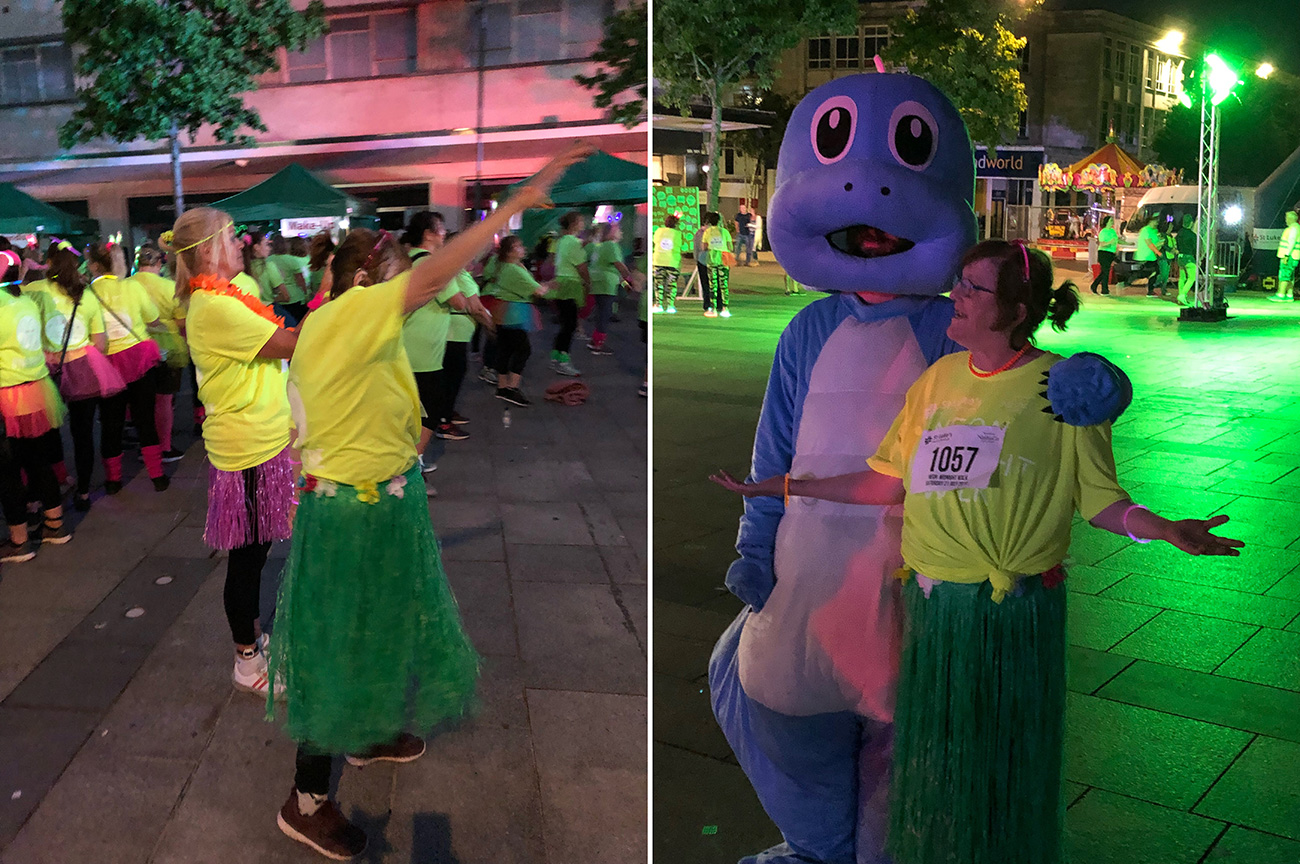

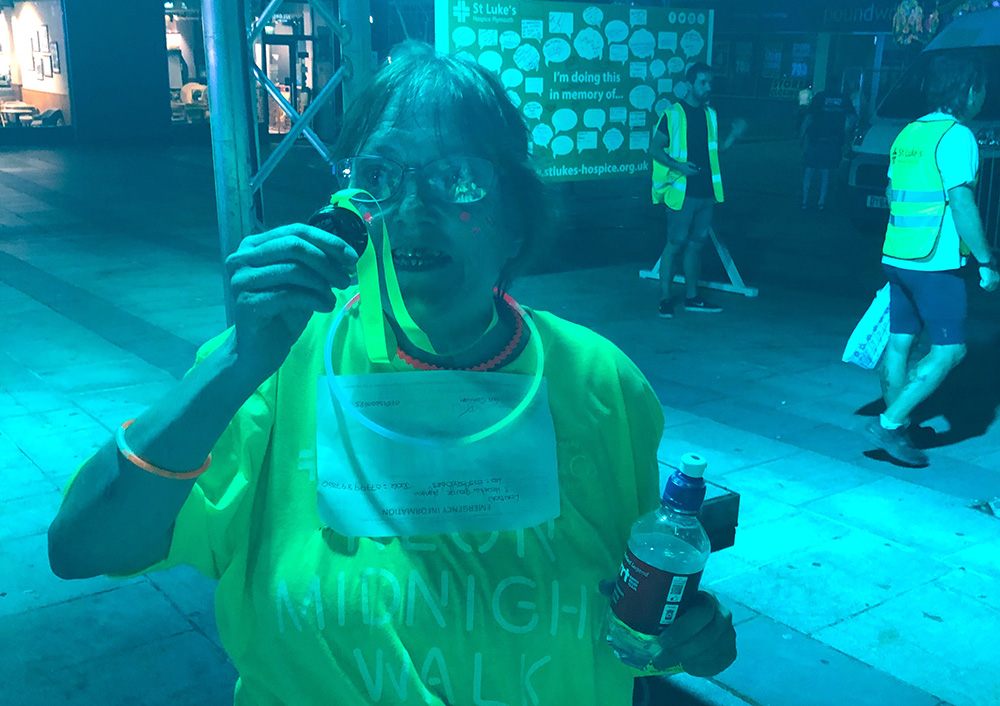


























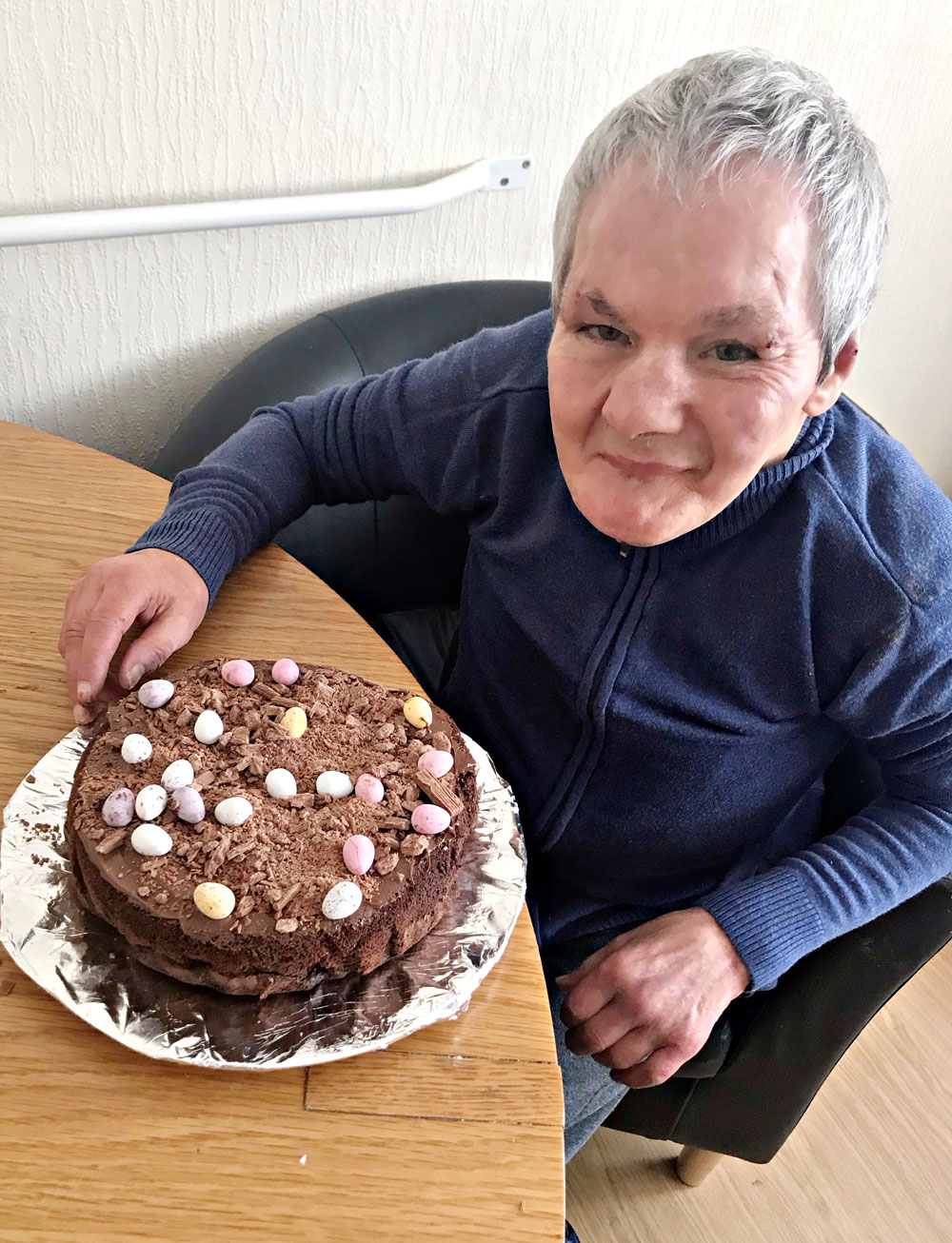























 Sponsored by Radio Plymouth and Beyond Limits, the Carer of the Year Award is an annual opportunity to recognise people who go the extra mile caring for someone. Nominations are made by family members, neighbours and professionals and voted for by the public.
Sponsored by Radio Plymouth and Beyond Limits, the Carer of the Year Award is an annual opportunity to recognise people who go the extra mile caring for someone. Nominations are made by family members, neighbours and professionals and voted for by the public.


























